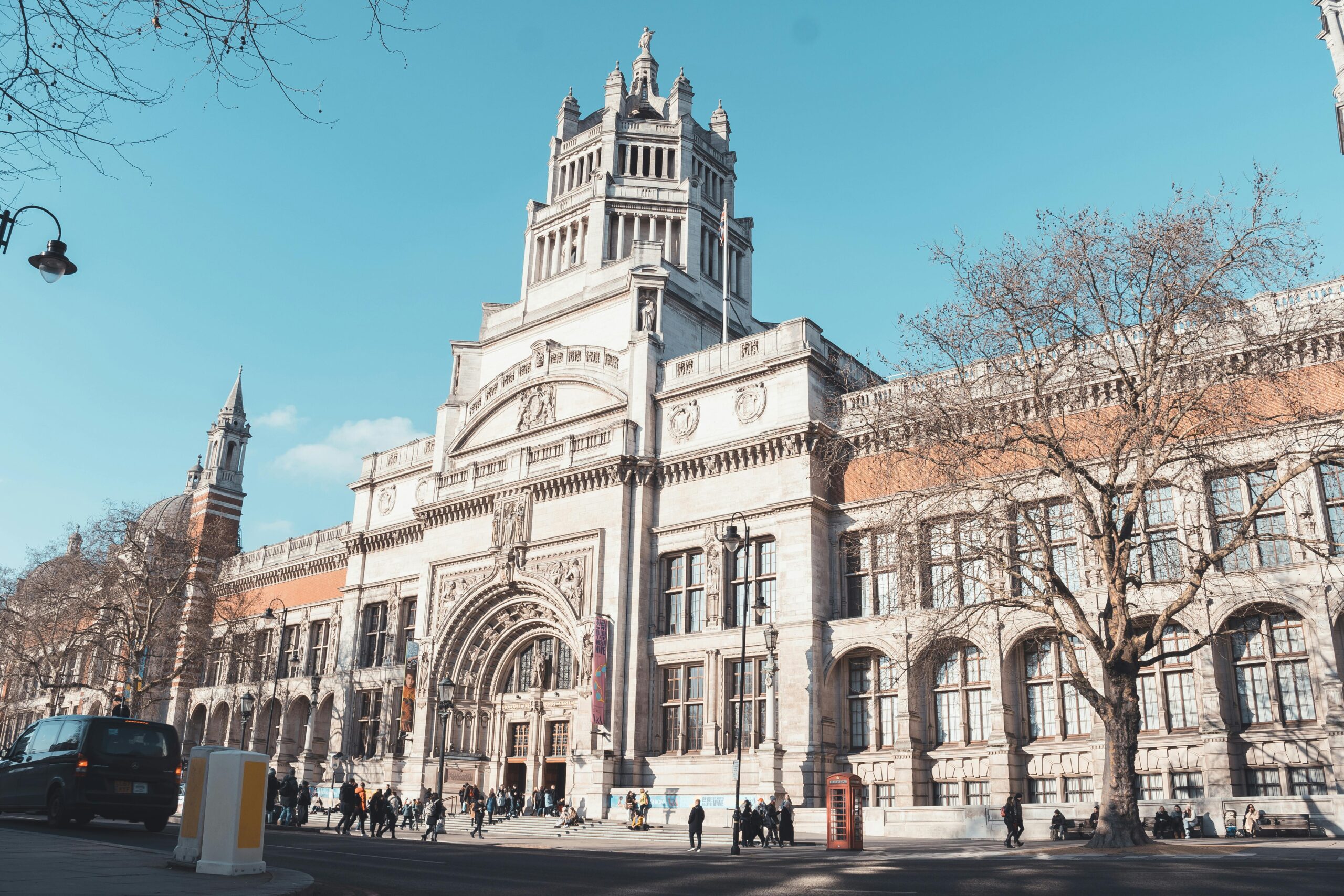The United Kingdom is one of the most popular destinations for immigrants. With its diverse culture, strong economy, and English-speaking population, the UK attracts immigrants from all over the world. However, immigrating to the UK is not an easy process. Here are 10 things you must know on How to immigrate to the UK.
[ez-toc]1. Understand the different UK visa routes
The first step is to determine which visa route is most appropriate for your situation. The UK has different visas available for work, study, family reunions, entrepreneurs, and more. Some of the major visa types include:
Work Visas
- Tier 2 (General) visa: For skilled workers with a job offer from a UK Sponsor licensed by the Home Office. You must have a job in an eligible occupation and meet salary requirements.
- Tier 2 (Intra-Company Transfer) visa: For multinational companies transferring existing overseas employees to the UK office for training or specialist projects.
- Seasonal Agricultural Workers visa: For farms and food processing companies to recruit foreign workers during peak harvest periods.
- Youth Mobility Scheme visa: For young people aged 18-30 from participating countries to live and work in the UK for up to 2 years.
Study Visas
- Tier 4 (General) student visa: For full-time degree-level study at universities, colleges, or independent schools in the UK.
- Tier 4 (Child) student visa: For children under 18 coming to the UK for school or college education.
Family Visas
- Family visa: For spouses, partners, and other dependent family members of British citizens or those settled in the UK.
- Ancestry visa: For those with a British grandparent to move to the UK permanently or temporarily.
Carefully review your situation and personal circumstances to determine the visa type that best suits your needs. Make sure you meet all eligibility conditions before applying.
2. Check the requirements for English language ability
Being able to communicate well in English is key for living and working in the UK. Most UK visa routes have a minimum English language requirement. For example:
- Work visas: You will typically need to prove competence in English at B1 level or above on the Common European Framework of Reference for Languages (CEFR).
- Family visas: The main applicant needs A1 level English. Partner or spouse visas generally have no language requirement.
- Study visas: You need the required CEFR level for your chosen course of study e.g., B2 level for bachelor degrees.
- Ancestry visa: Must prove A1 level English ability.
Accepted tests include IELTS, TOEFL, and Trinity GESE. Scores are generally valid for two years. Consider factors like test dates early as preparation takes time. For some visas, you can be exempted from the English test if you are a national of certain majority English-speaking countries. Make sure to review the requirements for your specific visa route carefully.
3. Gather financial documents as proof of funds
Many UK visa applications require you to prove you have sufficient funds to support yourself without working or relying on public funds during your stay. The Home Office has minimum income thresholds:
- Maintenance funds: £1,270 per month for the applicant. Plus £680 per additional family member e.g., partner, children.
- Tuition fees: Students must prove they have access to fully pay for one year of their course fees plus living costs before applying.
Accepted financial documents include recent bank statements, salary slips, investment portfolio statements, etc. Funds must be in a bank account in your name or your parent’s/spouse’s name for at least 90 days before application. Be prepared to show income tax returns, too, to prove the source of funds is lawful. When applying as a student or joining a family, your financial sponsor also needs to submit documents.
4. Get medical clearance for some visas
Certain UK visa applicants are necessitated to go through a medical examination as part of their application. This includes:
- Health surcharge visa: Compulsory for most visa types longer than six months to access the UK National Health Service (NHS).
- Tuberculosis screening: Mandatory if coming from a country with a high TB rate.
- HIV test: Required only from visa nationals from specific high-prevalence countries in certain visa categories.
All applicants must have valid medical insurance for the duration of their stay in the UK. For visa screening, book an appointment with an approved clinic listed on the GOV.UK website before your visa interview. Doctor screenings check for infectious diseases that could impact public health in the UK. Failure to pass medical requirements can result in visa refusal.
5. Secure a valid passport
A valid passport is essential for travel to the UK. Check that:
- Passport is valid for the intended length of stay, ideally has six months left after planned return date.
- Passport meets all criteria e.g., issued by your country, bio-metrics included, blank visa pages.
- Name matches other supporting documents like birth certificates and education certificates.
- Photocopies of used/expired passports are also needed if a different name was used before.
Some passports also require a visa in advance of travel. Certain non-EU/EEA nationals need to apply for entry clearance visas before arrival, even if it’s for activities like tourism. Ensure your passport is in good condition and renewed in advance of application deadlines. UKVI and airlines can reject damaged documents.
6. Consider healthcare access and costs
Accessing healthcare services is a major concern when moving abroad. Here are important things to know about healthcare in the UK:
- NHS (National Health Service): Main provider of state-funded universal healthcare. Free at the point of use for core services.
- NHS surcharge: Most visa applicants pay an immigration health surcharge as part of their visa application to access NHS. Currently £624 per year.
- Private medical insurance: Mandatory if not eligible for NHS, e.g., short-term students or visitors. Should cover costs of medical treatment, repatriation, etc.
- GP registration: Find a General Practitioner (local doctor) ASAP to access NHS services. May have to pay upfront and claim back for some services if not registered.
- No redundancy NHS cover: Plan fallback options if you lose your job/income as NHS care is not guaranteed then. May have to leave the UK or fund private cover.
Consider costs and options carefully. Discuss health needs upfront with doctors to make informed living decisions.
7. Apply for relevant right to work or study
In addition to the immigration permission, you may need other documentation depending on your situation:
- Work visa: Apply for a National Insurance Number (NINo) and work authorization from the Home Office to accept paid employment.
- Students: Confirm your Confirmation of Acceptance for Studies (CAS) before applying for a visa. Enrol on the course once in the UK.
- Dependents: Partner/spouse visa holders can apply to work, others can seek permission on a case by case basis if the relationship breaks down.
- Entrepreneur visa: Register your business and get the necessary licenses before starting operations in the UK.
- Self-employment: Check licensing and tax regulations for the UK self-employment sector you wish to join.
Having the right endorsements unlocks your ability to live and function in the UK as intended. Do not undertake any work, study, or business operations until relevant permissions are granted.
8. Arrange suitable accommodation
Securing suitable lodging is essential when moving abroad. Important things to research:
- Rental market: Flats tend to be smaller, let via agencies on 6-12 month assured shorthold tenancies. Look 2-3 months ahead.
- Student housing: Purpose-built student accommodation; book early via university. It may be pricier short term.
- Temporary stays: Hostels, hotels, AirBnB for 1-3 months while finding long-term housing. Costs can mount quickly on short visa dates.
- Guardians for minors: Students under 18 need designated guardians responsible for care and lodging as mandated by visa rules.
- Deposits & fees: Typically, 5-6 weeks rent as a deposit. Allow for agency fees equivalent to 1 week’s rent + tax on contracts.
- Location: Factor access to work/study, transport, and amenities while choosing. Rent varies across UK regions significantly.
Secure accommodation confirmation upfront or tour flats before moving over. Consider all potential living costs realistically when budgeting for a UK stay.
9. Prepare for cultural and lifestyle adjustments
Every international move requires adaptation. Give a thought on how you will adjust to:
- Climate & environment: Colder, wetter weather than many places. Adjust wardrobe and hobbies accordingly.
- Social norms: More reserved than overtly friendly. Follow cues around personal space, small talk, etc.
- Food habits: Staples include fish & chips, roast dinners, and British classics. Experiment with new flavors.
- Holiday & work culture: Fewer public holidays. Saturday is a regular workday. Flexi-hours are more common.
- Transportation: Invest in an Oyster card for London. Outside rely more on public transport, taxis than personal vehicles.
- Values & attitudes: It is a diverse, inclusive, and progressive society, but racism remains. Learn about contemporary issues.
- Language: Slang terms and regional accents vary greatly. Watch TV and movies, and converse more to pick up nuances.
- Homesick feelings: Stay connected to roots through cultural community groups, and keep travel options open to home country.
Psychological preparation is key. Be patient, ask questions, and maintain an open mindset to adjust smoothly over time.
10. Prepare to comply with UK immigration laws
Abiding with UK’s immigration rules is non-negotiable for all residents and visitors. Key responsibilities include:
- Maintain valid immigration status: Renew or switch permissions as needed before current leave expires. Overstaying is a civil/criminal offense.
- Work within permitted hours/roles: Only undertake activities endorsed on your visa. Breaches can lead to restrictions, fines, and deportation.
- Carry ID: Keep passport and Biometric Residence Permit accessible for checks by authorities.
- Update address/contact details: Inform UK Visas and Immigration of any changes within mandatory notification periods.
- Meet continuous residency conditions: Such as living in the UK for a minimum period if seeking indefinite leave to remain.
- Travel documentation in order: Visa nationals need return/onward tickets and sufficient funds for journeys abroad when traveling out of the UK.
Taking immigration rules lightly can jeopardize your stay in the UK. Seek legal advice in case of unclear areas or violations to minimize risks.




